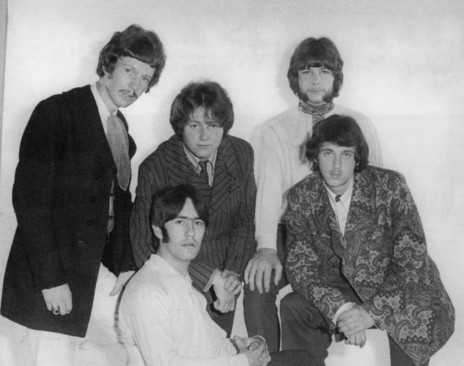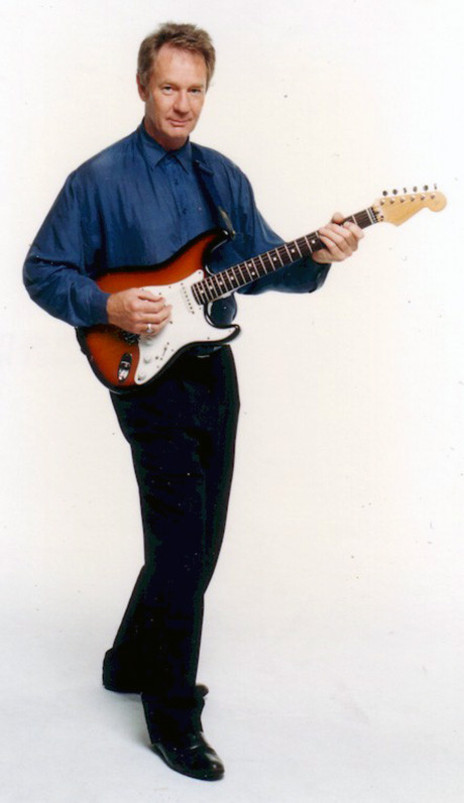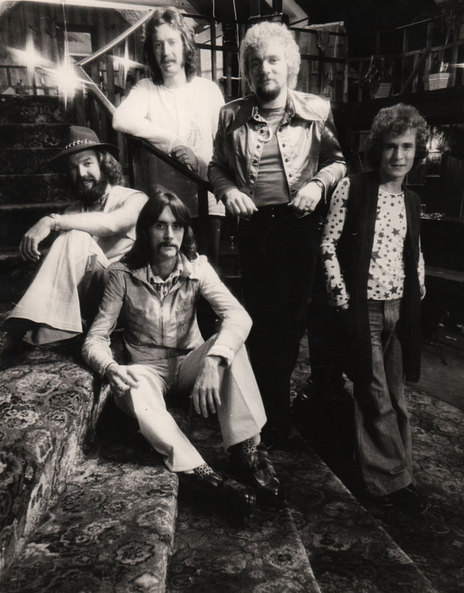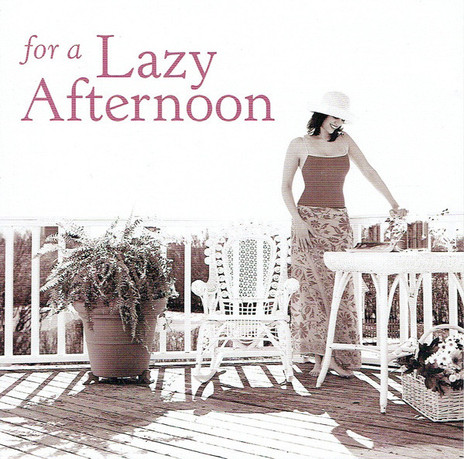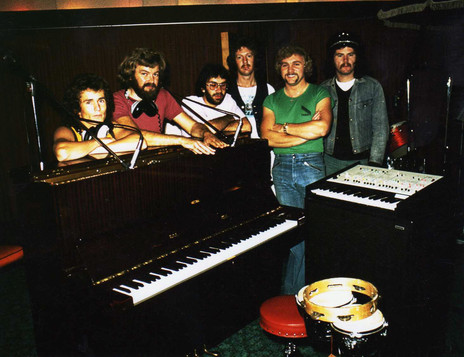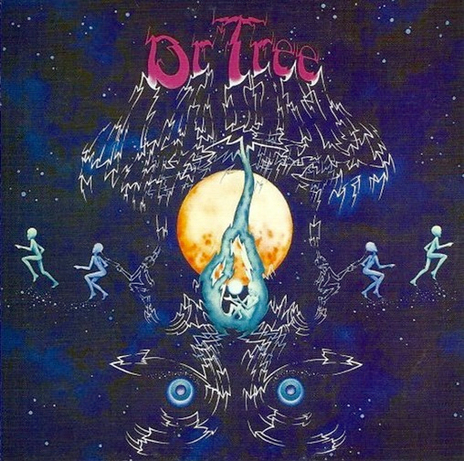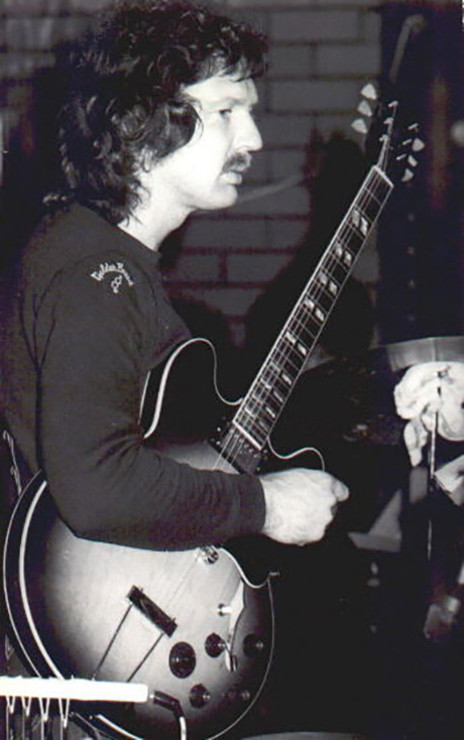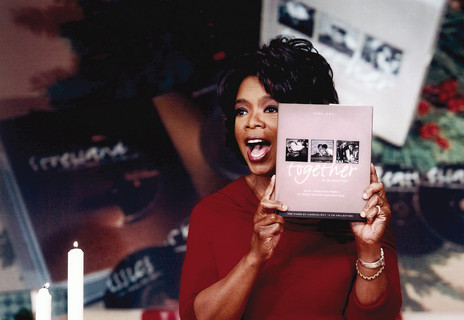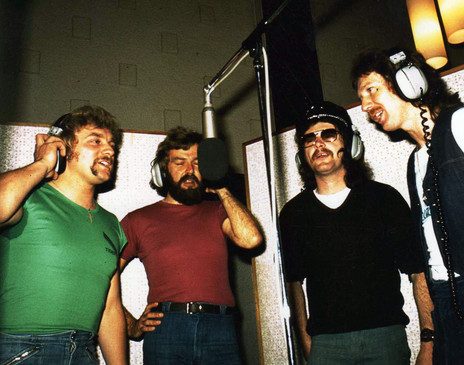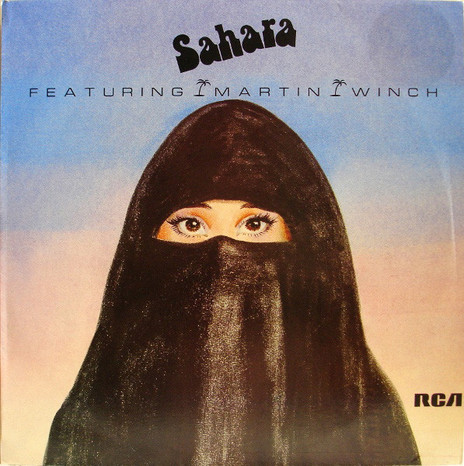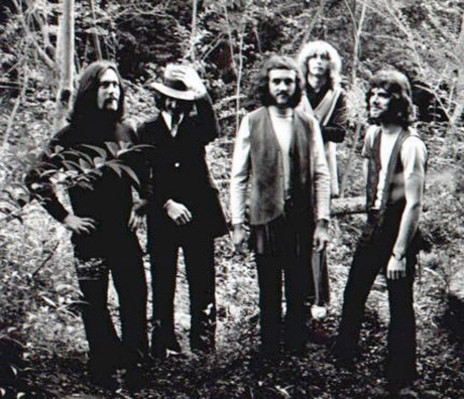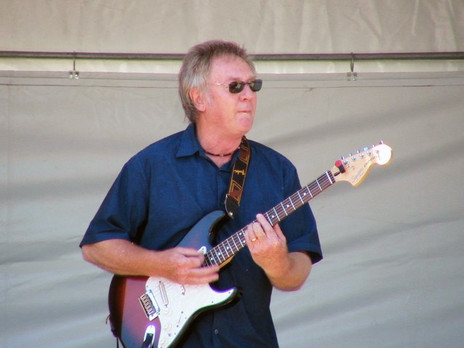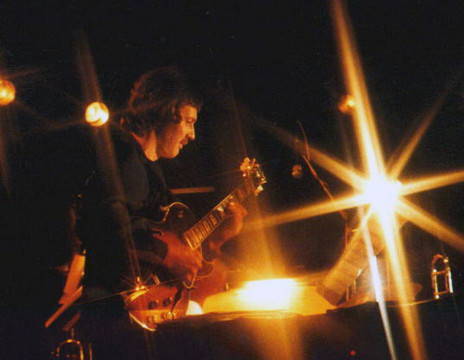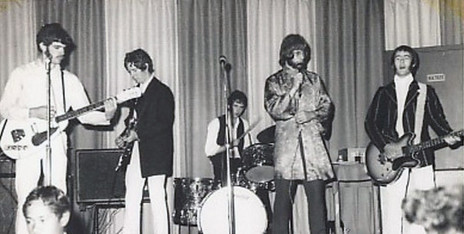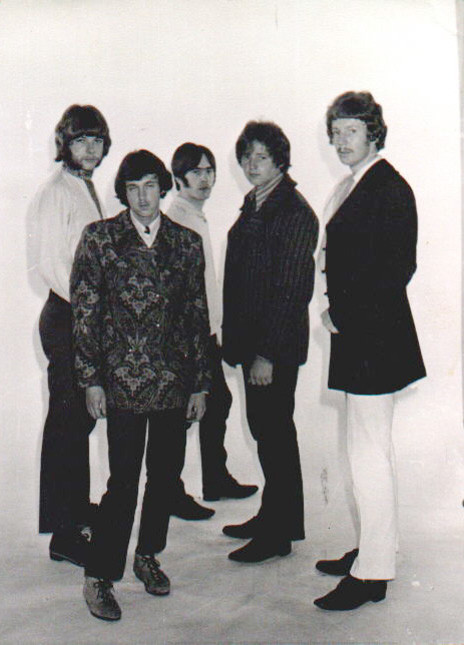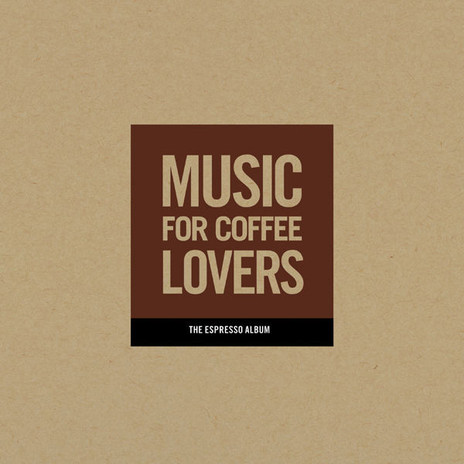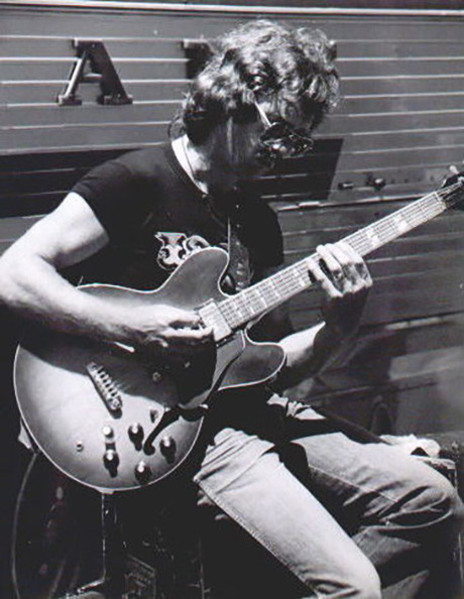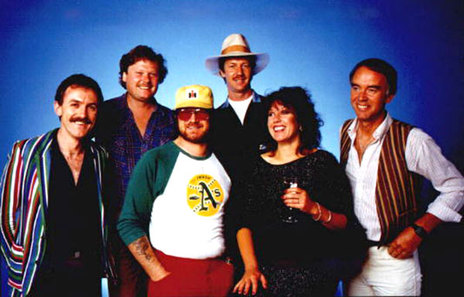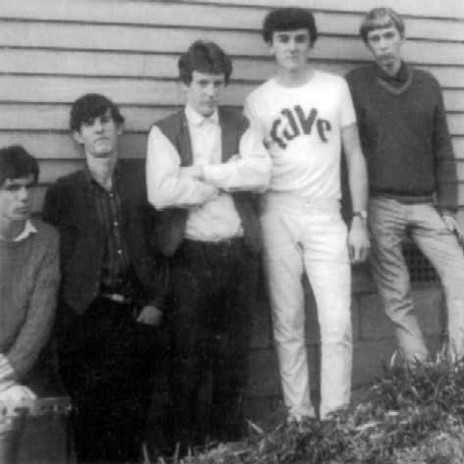In recognition of his 40 year career, in 1999 the New Zealand Herald named Martin Winch as one of the top 10 New Zealand guitarists. The same year he was given the first New Zealand Guitarist of the Year Award at the World Series Guitar Festival.
“I’m a working musician on a journey. I play different styles. That’s what I always wanted. I never saw myself as an entertainer, just a musician.”
Martin Winch was more than a musician. He was a composer and engineer, teacher and mentor to many young players and a vital part of the New Zealand music industry.
Martin Winch was more than a musician. He was a composer and engineer, teacher and mentor to many young players and a vital part of the New Zealand music industry right up until his death from cancer at the age of 62 years in May 2011.
Martin was born in 1949 in Nottingham, England, immigrating to Auckland’s North Shore with his family as a 14 year old in 1963. He hadn’t thought about music as a career until he heard The Beatles and The Rolling Stones and became mesmerised by the blues.
He had difficulty putting down his younger brother Rob’s guitar until he obtained his own. In 1965 he joined a Northcote High School band called The Ivys, playing local dances. “I don’t think we got paid. People told me I was doing well so I mainly existed on encouragement.”
His big influences were Eric Clapton and Jimi Hendrix but a career defining moment came on hearing The Underdogs at an Auckland nightclub. “I thought that’s it, that’s what I want to play.”
Brit rock heroes
He joined Boneyard Convention with Brian Thorogood on vocals, which morphed into Sylvester Winch Style in 1967 with Merv O'Connor on bass and John Webster on drums, later joined by another Boneyard original, Brian Inglis on keyboard, rhythm guitar and vocals. They played their Brit rock heroes but had the business smarts to adjust their repertoire to fit most venues.
“We were never a headline act but got regular work playing the music that happened to be popular in the clubs at the time. At one stage we became a soul, rhythm and blues unit.”
A decision to go to Australia saw a couple of members pull out but those who stayed the course quickly landed on their feet with a gig five nights a week at The Downunder Club in King’s Cross under the name Gunther Caine.
Their short-lived success came to a grinding halt when the vehicle the band was travelling was hit by another car, putting everyone in hospital with severe whiplash except Martin. He flew through the front windscreen, landing on a grass verge with glass embedded in his face, but otherwise unharmed.
As a young married man with a baby on the way, he needed a paying gig quickly, so he joined a restaurant band playing jazz and covers. The unit was relatively polished and took on a nine month tour of Singapore and Japan.
On his return to New Zealand producer and keyboard player Mike Harvey jumped at the opportunity to use Winch as his studio guitarist of choice. He appears on album’s produced by Harvey including John Hanlon’s Higher Trails in 1973, Windsong in 1974 and Use Your Eyes in 1976. Engineer Phil Yule says Winch played through a custom built ‘Leslie cabinet’ based on a 78rpm turntable he had built.
In 1976 Harvey asked Winch to join him in a new unit called Salty Dogg to work in some of Auckland’s larger hotels. “In those days you were paid based on a door charge and we made quite a lot of money from that.”
Salty Dogg featured Harvey on keyboard and vocals, Winch on lead guitar, Graham Chapman on percussion and vocals, Basil Peterkin and then Chris Gunn on bass and Vic Williams on drums.
Winch had never been in the studio before and was in awe of it. “I remember recording the Salty Dog album and being quite frightened. But we did so much studio work I got used to it.”
They released two singles, the title track from their 1977 album ‘Love To Play and Sing’ and ‘Face The Music’.
Pop and jazz awards
While playing pop style with Salty Dogg, Winch was moonlighting with Dr Tree, the jazz-rock vehicle of keyboard player Murray McNabb and drummer Frank Gibson Jr which featured Bob Jackson on bass, Kim Paterson on trumpet, and percussionist Johnny Banks.
This was more the direction he wanted to head in. “There was more playing involved ... a bit of showing off; it required more expertise and I found it exciting. We just played flat out like our lives depended on it.”
While there was room for experimentation, he says there’s no way it was a free for all. “I can’t stand music that isn’t structured ... you leave room within the framework for improvisation or spontaneity.”
Winch was smiling on both sides of his face by the time 1977 was done: Dr Tree won Jazz Album of the Year and Salty Dogg Pop won Album of the Year.
A move to Wellington saw him join The 1860 Band, playing jazz-rock and funk at the 1860 pub in Lambton Quay six nights a week.
In between gigs Martin Winch was finding a niche as a session player, kick-started when Mike Harvey booked him for John Hanlon’s Higher Trails album sessions.
A move to Wellington saw him join The 1860 Band, playing jazz-rock and funk at the 1860 pub in Lambton Quay six nights a week, including extended Saturday afternoon sessions.
The band was formed in 1976 by ex-Quincy Conserve members Rodger Fox on trombone and keyboard player Peter Blake. On board when Martin joined were Geoff Culverwell on trumpet, flugel horn and vocals, Billy Brown on drums and Martin’s younger brother Rob on bass. Rob had been in Tamburlaine and Midge Marsden’s Country Flyers and was also a composer and writer of numerous jingles and soundtracks. The group released a self-titled 1978 album, now considered extremely rare.
All that jazz
If that didn’t fill up the week then working Sundays with The Rodger Fox Big Band completed his calendar. It was as a member of that unit that he went to The Montreaux Jazz Festival twice and made several recordings and backed top touring artists. “Rodger would bring very good American musicians to New Zealand as soloists and we’d back them.”
Martin was a regular on the TV Series Jazz Scene, often playing alongside accomplished international artists. He continued to play six nights a week in the 1980s with various units including Billboard, which in 1983 was resident at Club 21 featuring Beaver on vocals, Brian Smith on sax, Ian Fraser on drums, Billy Kristian on bass and Geoff Castle on keyboards.
Martin was keen to put down some of his own songs. He set up a small recording unit, a little Portastudio and drum machine. He played some of his instrumentals to Kevin Oliff, producer at Radio New Zealand in Wellington, who liked what he heard.
The result was Martin’s first solo album Sahara, which used a different band on each side. The original material ranges from a tribute to Earl Klugh to some solid progressive rock feels. He claims it only sold a couple of thousand but today it’s hard-to-find treasure.
Martin was the consummate professional. Have guitar, will play. And as someone who could read the dots and quickly pick up most styles he was in great demand playing on numerous tours, concerts, stage shows and albums and hundreds of radio and TV commercials and soundtracks. Toyota's 'Welcome To My World' might ring a bell?
He was first choice for Roger Whittaker during his regular tours of Australia and New Zealand, having to play mandolin, banjo, acoustic and electric guitar, often doing eight shows a week. He did three Renee Geyer tours and worked with Elaine Page, Tim Rice, Shirley Bassey and Eartha Kitt when they were in-country.
Martin Winch said if people appreciated the playing on one session you would often get invited to play on other records. He was part of the hot jazz unit that backed Jacqui Fitzgerald for many of her performances in the 1980s and features on This Masquerade which won the 1985 NZ Music Industry Jazz Album, the first time a woman had taken out the title.
He worked and recorded with Phil Broadhurst’s Sustenance, Brian Smith and on projects for numerous other jazz artists. “It’s astonishing how many different combos and units I ended up in over the years.”
Martin Winch’s engineering debut on bass player Kenny Pearson’s award winning Powerband jazz rock album, which he recorded at his home studio.
Is this the end?
Martin Winch had been a profession musician since his lucky escape through the front window during the car accident that left him covered in glass. In the mid-1990s he had another close encounter that involved glass, but this time he wasn’t so fortunate.
“I was being a home handyman and hanging a large bathroom mirror which came away from the wall, twisted over, smashed against the towel rail and a big slither of glass nearly took my hand off.”
He severed two tendons in his left hand and his fourth and fifth fingers were “hanging down just disconnected”. His immediate thought: “Well that’s the end of me, I won’t be playing again.”
Fortunately he had good surgeons who sewed it back together. “The physio, on learning I was a guitar player, said you don’t need physio just play guitar.” Initially all he could play was chords and even then his fingers “had lost the memory” and he had to teach himself all over again. Then slowly over a couple of months he was doing solos again.
Having toured with a number of touring shows including Chicago, My Fair Lady, Jesus Christ Superstar, Cats, Footrot Flats, Anything Goes, Hot Shoe Shuffle, My Girl and Little Shop of Horrors, he jumped at the chance to get back into professional work
He never quite got the full feeling back in his fingers but as soon as he was comfortable with the chords he joined the band for the show 42nd street. “If people can rely on you they’ll phone you again. As a musician, if you are doing public shows you have to be incredibly well organised and punctual. There’s no excuse for being late even if your car breaks down.”
Aware he needed to make a career move, he took the advice of second wife Pauline Berry who suggested he make instrumental recordings of songs they were performing as a duo.
Platinum CD sales
Around the same time entrepreneur Murray Thom was considering a guitar album. While Martin was doing a session for pianist Carl Doy he played his demos. Doy insisted Thom hear them and eventually from 40 or so demos the two agreed on the content for the 1998 album Espresso Guitar.
It was more successful than anyone could have imagined, hitting No.1 on the NZ album chart in September 1998 and selling around 100,000 copies in New Zealand alone; it was followed by another easy listening set of cover songs, Espresso Guitar Two in mid-2000, which reached No.3 and stayed in the Top 40 for 15 weeks.
“It was an astonishing experience for me ... We got the tracks sounding great ... and the next thing this machine called Murray Thom kicked in. He opened his wallet and applied his marketing skills and it went to No.1 on the album charts – triple platinum.”
Thom’s next idea was putting music with candid photographs people from the Milk exhibition in a package called Together, featuring nine Carl Doy piano CDs and a compilation of both Espresso CDs under the title Music for Coffee Lovers in November 2007.
Thom managed to get it to Oprah Winfrey who made it the number one choice on her Christmas show. So how did Martin’s bank manager feel about that? “I made some money but it didn’t make me rich ... I’ll just leave it there.”
Martin tutored at the University of Auckland School of Music for five years, helping many with their careers.
There was a season where he teamed up with brother Rob Winch on guitar, Billy Kristian on bass and Stuart Pearce on keyboards for Eric Clapton tribute shows around the country playing Clapton, Cream and Blind Faith material.
On his 2004 CD Guitar Song Martin played mostly original ambient, acoustic and electric guitar melodies. The track ‘Stay With Me’ made it onto the US produced BHP Music Guitar Masters Vol 1 alongside selections from Jeff Beck, Joe Satriani and John Scofield in 2007.
In February 2008 Martin’s acoustic version of ‘Kashmir’ was featured on New York-based Bohemian Productions' Tribute to Led Zeppelin album.
Martin produced a number of albums during his 40-year career. The last were recorded at Stebbing recording studio for Evan Silva and American folk artist J D Blackfoot, whom he had worked with over a number of years.
From 1997-2011 Martin was a regular with corporate dance band The Mermaids, formed with singer Pauline Berry. Martin created the backing tracks and programming and played guitar for the three female vocalists. “I play less technique and less flashy but I think I make a lot more sense musically.” His last gig was with The Mermaids at the Grand Chateau, Mt Tongariro, on 16 April 2011, a month before he died.
I asked Martin Winch about career highlights back in 2004 when I interviewed him for a Radio New Zealand Musical Chairs programme. He mentioned Randy Crawford, the international tours, backing jazz greats and the awards, but in the end it was any gig where there was magic in the music.
“When you have a good night with a band, and you all play well and people respond those are the highlights, whether it’s on stage in front of 1,000 people or a little club somewhere in front of 15 people.”
He said the art of being a musician has to come from inside. “Music isn’t just notes on paper, you have to get involved. It’s easy just to be practitioner with flying fingers or fancy chords ... it’s more about how all that fits in terms of music and the harmony of it.”
In a sad epitaph, Martin’s brother Rob died 18 months after him, in August 2012, from complications after a bone marrow operation for cancer.
